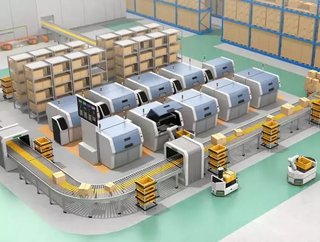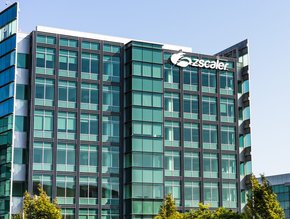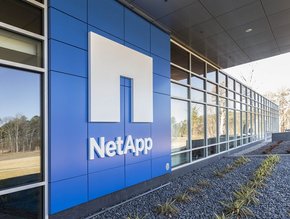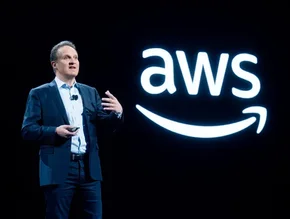Capgemini: Smart factories could add $2.2trn to global economy

From artificial intelligence (AI) to the Internet of Things (IoT), the technological developments driving Industry 4.0 have dramatic implications for the future of manufacturing.
A new report released today by the Capgemini Research Institute found that smart factories have the potential to add anywhere between $1.5trn and $2.2trn to the global economy in the next five years. Of the companies surveyed, the report found that 68% were currently undergoing smart factory initiatives, compared to 43% in 2017.
However, the report makes clear that two-thirds of the gains, which would be realised through increased productivity, improvements in quality and market share, along with customer service refinement, remain unrealised.
Before we dive any deeper into the obstacles facing smart factory operators, let’s establish exactly what makes a factory smart.
Matthew Potts, Project Sales Engineer at HMK describes the foundations of a smart factory as “a harmonious communication between all the devices on the factory floor and the larger plant management to ensure that all the equipment is functioning as productively as possible.”
SEE ALSO:
-
Augmented Industry: how AR and VR are revolutionising logistics
-
HP opens one of the largest 3D printing and digital manufacturing R&D facilities in Spain
A key driver behind the effort to ensure that smart factories are functioning at peak efficiency and are as immune to disruption as possible is information. Much like in smart cities and smart homes, IoT sensors are a vital component in achieving the visibility necessary for a properly functioning environment.
Once visibility is achieved, then AI and robotic process automation is used to create efficiencies.
As Capgemini’s report identifies the two main challenges to scaling up as the IT-OT convergence and the range of skills and capabilities required to drive the transformation including cross-functional capabilities and soft skills in addition to digital talent.
The IT-OT Convergence is the integration of IT systems used for business processes with operational technology (OT) systems that are used to monitor devices, events and industrial processes.
“A factory is a complex and living ecosystem where production systems efficiency is the next frontier rather than labor productivity. Secure data, real- time interactions and virtual-physical loopbacks will make the difference. To unlock the promise of the smart factory, organizations need to design and implement a strong governance program and develop a culture of data-driven operations,” said Jean-Pierre Petit, Director of Digital Manufacturing at Capgemini in a press release. “The move to an Intelligent Industry is a strategic opportunity for global manufacturers to leverage the convergence of Information Technology and Operational Technology, in order to change the way their industries will operate and be future ready.”
- ServiceNow's AI-driven low-code Creator Workflows App Engine
- Executive Q&A with Adil Mohammed, Founder & CEO of VirtuosoAI & Machine Learning
- Insights to automation - should businesses close the loop?Data & Data Analytics
- ShipMonk’s ecommerce scaling solutions raise $290mnDigital Transformation






